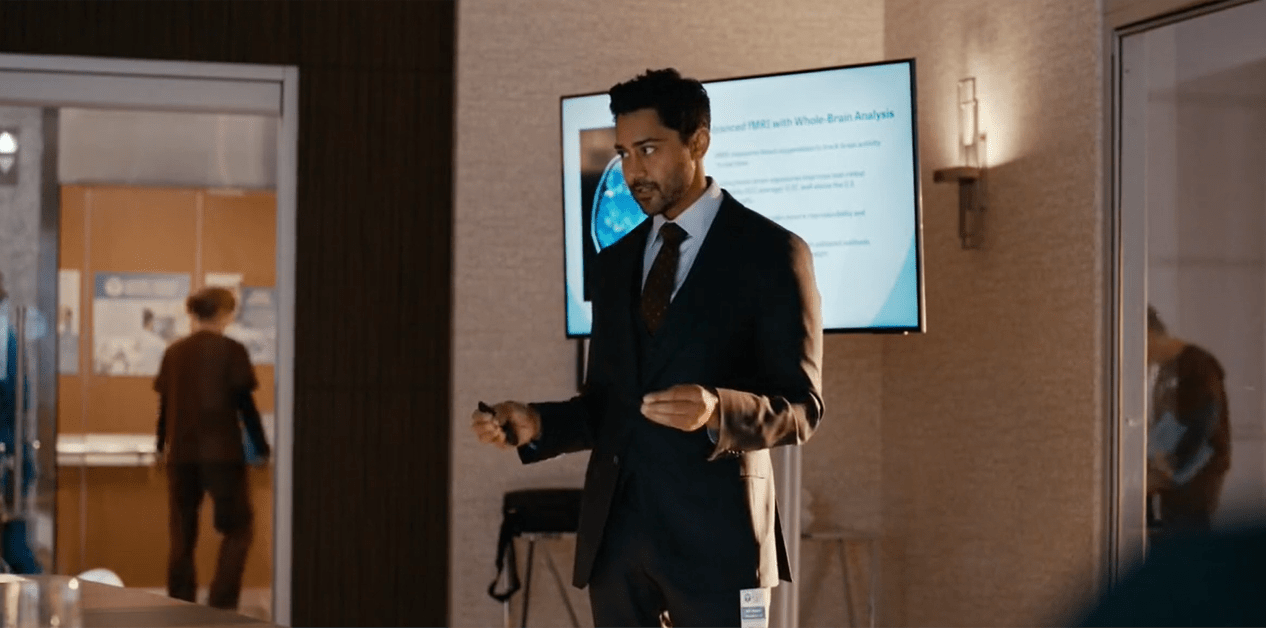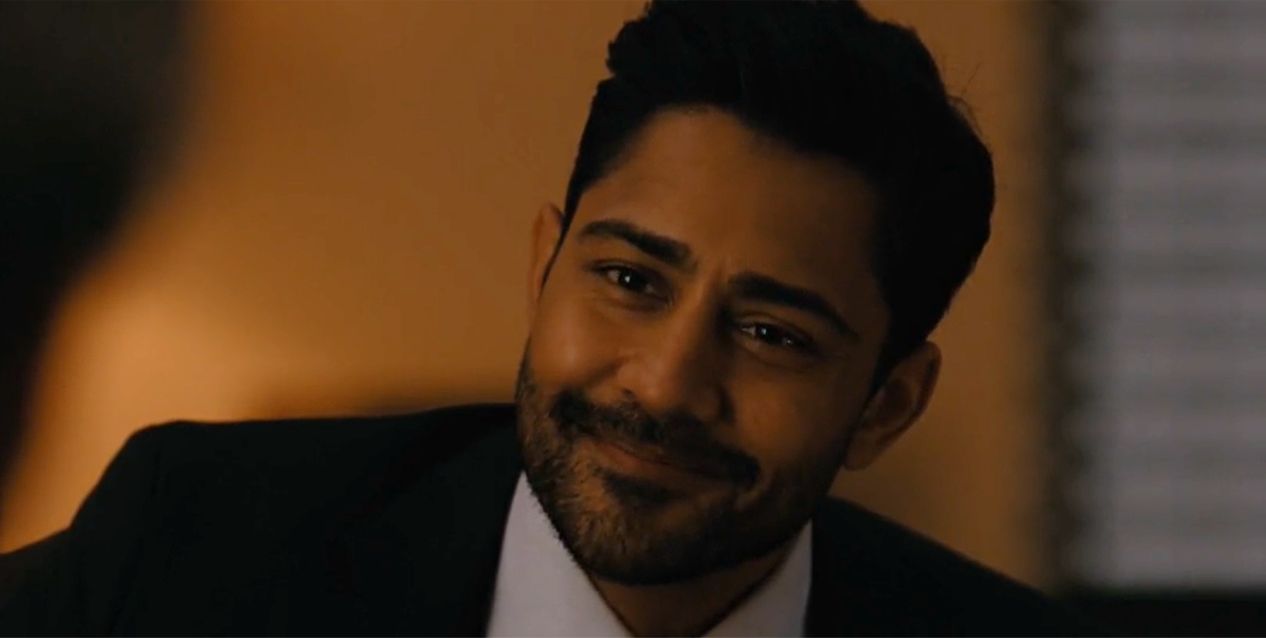Co-created by Dick Wolf and Matt Olmstead, NBC’s ‘Chicago Med’ captures a snapshot of Gaffney Chicago Medical Center’s finest doctors, nurses, and their patients as they navigate through various medical mysteries. The medical procedural series completes a triptych of Chicago-oriented shows, with ‘Chicago PD’ and ‘Chicago Fire’ bringing in the perspectives of the police and fire departments, respectively. As the medical cases continue one after another, how the professionals react and perform paints a story of its own. To that end, the show also delves into the interiorities of these characters and how their work serves as not just a means of saving lives but also a medium for personal expression. The eleventh season of the show simultaneously follows a number of threads, with new discoveries not just in medicine, but also in technology, compelling doctors to reevaluate what their futures hold. SPOILERS AHEAD.
Dr. Theo Rabari Wishes to Blend Psychiatry With Technology
Dr. Theo Rabari is introduced in episode four of the eleventh season, titled ‘Found Family,’ as a psychiatrist who wishes to usher in a revolutionary technology into Gaffney Medical Center. In a business conversation with Dr. Charles, he introduces fMRIs, or Functional Magnetic Resonance Imaging, as the definitive tool of future psychiatry and brain mapping. However, his pitch also reveals the gaps in his line of thought, as Rabari considers the existing methods of psychiatry to be lacking on many levels. At his most incendiary, the doctor claims that psychology is too dependent on guesswork to be widely acknowledged as a science, and diagnosing disorders with fMRI can help the discipline scale up its reputation within the industry. Dr. Charles vehemently disagrees with this idea and asserts that a human connection with the patients is what makes psychiatry unique and special in the first place.

Although Rabari intends to turn Gaffney into ground zero for his research on fMRI, the initial disagreements with Dr. Charles make that a hard ask. However, the two eventually figure out a new way to incorporate the methods into diagnosis, and the case of Lionel Blake becomes the ideal proof of concept. A craftsman by profession, Lionel cuts his own hand due to a deep-seated fear of harming his loved ones, and while Dr. Charles believes this to be the result of a mental disorder, his patient doesn’t agree. Rabari’s technology comes in clutch, as the scans reveal that Lionel’s obsession with murder is rooted in fear, not pleasure. The presence of tangible proof compels the patient to reconsider and seek medical help, thus showing the prowess of fMRI as a supporting mechanism. The case also helps break the ice between the two doctors, who soon come to realize that they make a stellar team.
While Rabari’s initial stance on psychiatry is rough and dismissive, this brief exchange with Charles and his daily affairs forces the doctor to reconsider. In a second conversation, Rabari openly admits to his shortcomings and explains that he is now bursting with new ideas about fMRI and its potential usages. Charles is similarly responsive and confirms that he fully believes in the power of technology as a tool that can aid doctors and patients alike. To that end, he reconsiders the possibility of Rabari setting up a research facility within Gaffney to test out the various ways fMRI can be integrated within the medical industry. Hearing this, Rabari agrees in delight, promising to further this dynamic with a balanced and sincere perspective. While the show doesn’t explicitly confirm whether he will become a recurring presence, the episode’s ending strongly hints at that possibility, opening the doors for many new avenues.
Manish Dayal Brings Forth the Many Shades of Dr. Theo Rabari
Within the span of a single episode, Dr. Theo Rabari goes from a potentially antagonistic figure to a breath of fresh air, promising to switch things up in Gaffney for the better. Actor Manish Dayal nails the assignment with his signature blend of charm and gravitas, lighting up the screen. Dayal, who is well-known for his role as Dr. Devon Pravesh on ‘The Resident,’ needs no familiarization with the Medical Drama genre for his role in ‘Chicago Med.’ The actor is also popular for his performance as Ash Patel in the second season of ‘The Walking Dead: Daryl Dixon,’ as well as the role of Raj Kher in ‘90210.’ Some of his other major television features include ‘Fast & Furious Spy Racers,’ ‘Agents of S.H.I.E.L.D.,’ and ‘Halt and Catch Fire,’ alongside movies such as ‘Holidate’ and ‘Rise.’
While Manish Dayal is credited as a guest actor for the episode, Rabari’s budding dynamic with Dr. Charles, coupled with the potential fMRI, points to the possibility of him reappearing on the show. While doctors from most departments in Gaffney typically have a partner they can rely on, Charles, thus far, has been a one-man army, and Rabari can further enhance his medical process with a fresh pair of eyes and technology. To that end, the fourth episode’s ending also strengthens the idea, as the research facility is greenlit. Manish Dayal’s experience with the genre likely gives him the edge in bringing this complex character to life, with the journey into psychiatry further potentially entailing many rich subplots along the way.
Read More: Where is Nurse Maggie Lockwood? Did Marlyne Barrett Leave Chicago Med?


You must be logged in to post a comment.